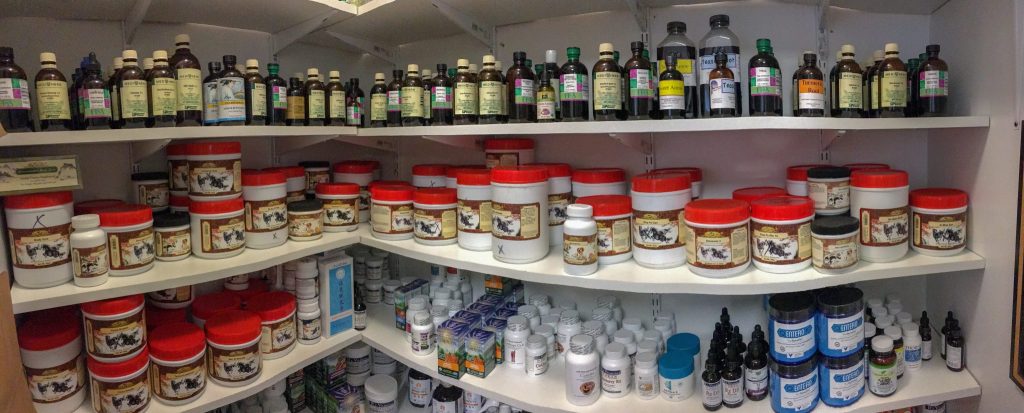Using vitamin C supplements to combat oxidative stress in your pet may be one of the best things you can do to improve your pet’s health. What exactly is oxidative stress, and how can it be managed? Learn more by continuing to read this article on pet health and nutrition.
Different Types of Vitamins

Fat-soluble vitamins are those vitamins that dissolve in the fatty tissues, or membranes, of the body and cannot be stored. Therefore, these vitamins need to be consumed on a regular basis for optimal health. The group of fat-soluble vitamins includes A, D, E, and K. Water-soluble vitamins are not stored like fat-soluble vitamins; instead water-soluble nutrients enter the bloodstream where they circulate until they’re needed. Vitamins B and C are examples of water-soluble vitamins.
Vitamin C as an Antioxidant
Vitamin C is a water-soluble vitamin that acts as an antioxidant for your pet. The factors which affect levels of oxidative stress in animals are very similar to those which affect humans. Vitamin C acts as an antioxidant against free radicals, which can damage cells and contribute to many health problems, including cancer, heart disease, stroke, and Alzheimer’s disease.
What is Oxidative Stress
Oxidative stress is an imbalance between free-radical production and antioxidant activity. Oxidation is a normal and necessary body reaction. Factors that cause oxidative stress can include:
- Physical or Emotional Stress
- Age
- Diet
- Lifestyle
- Exposure to Chemicals and Toxins
- Amount of Physical Activity
Certain types of pets, such as dogs and cats, can produce vitamin C themselves and do not need supplementation unless oxidative stress occurs. Certain other pets, such as guinea pigs, cannot make their own vitamin C and must be supplemented. However, many pets are often deficient in vitamin C due to common exposure to sources of oxidative stress. The inability of the body’s cells and molecules to cope adequately causes excessive free-radical production, leading to the formation of highly reactive oxidation products that may damage important cellular structures such as proteins or DNA. When there are not enough antioxidants to balance free radicals, oxidative stress can occur.

